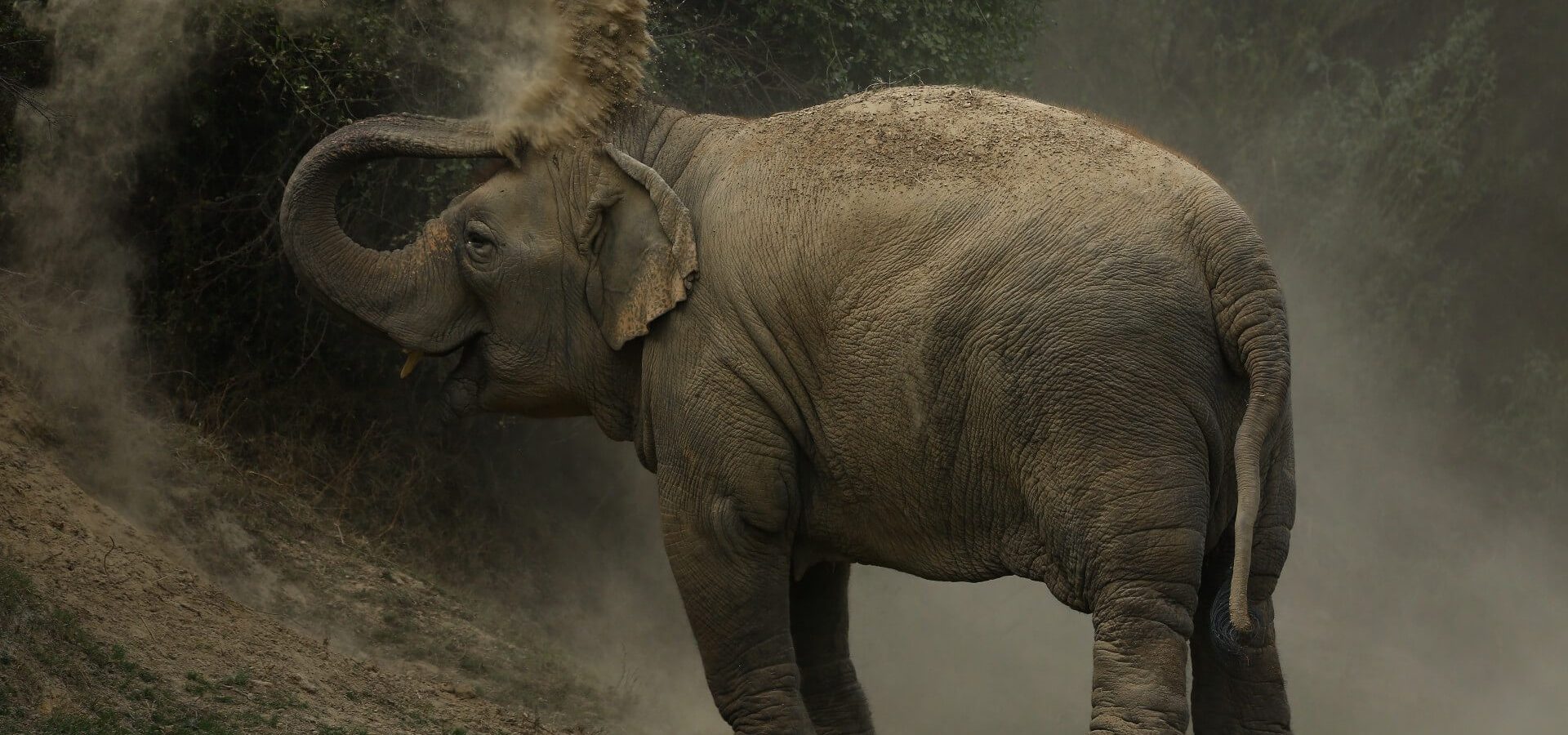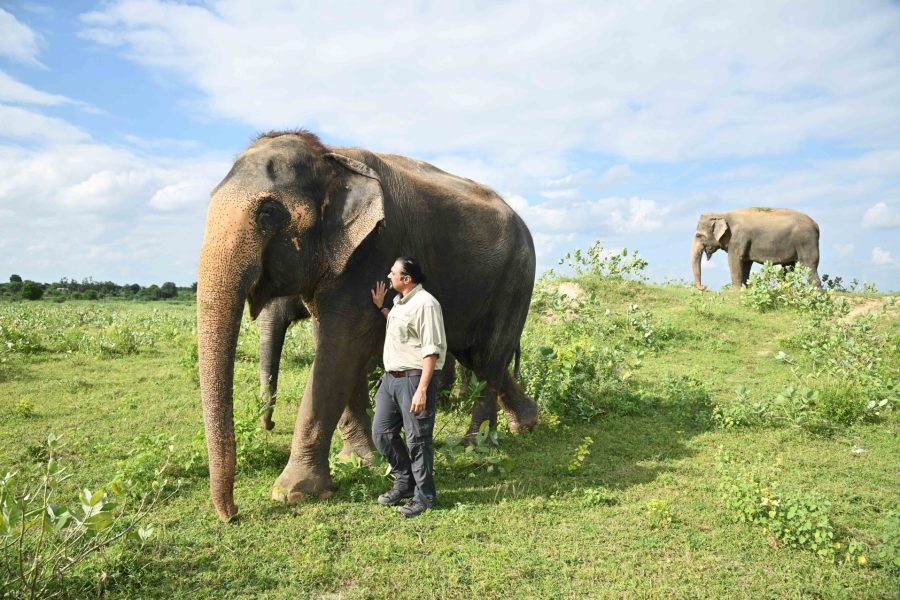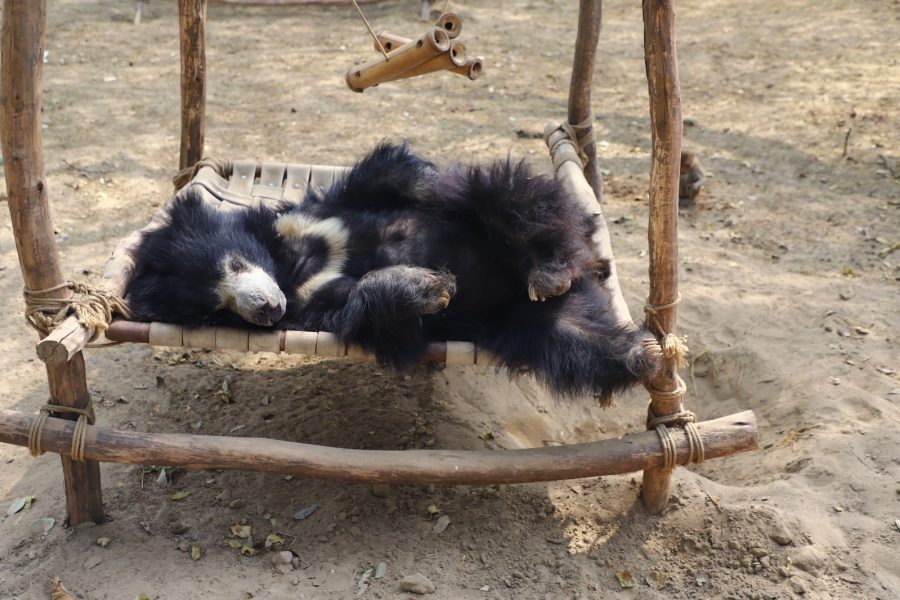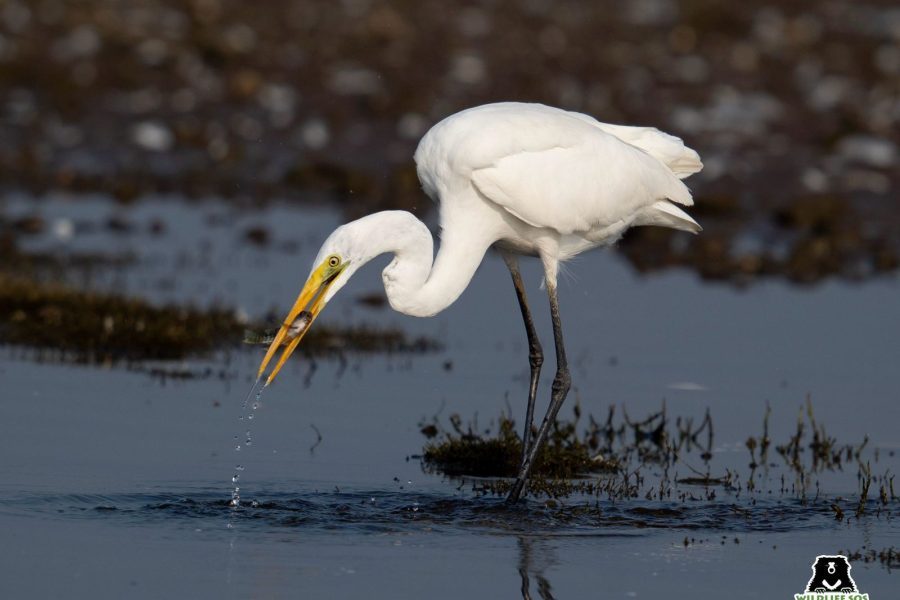Asian elephants differ physiologically from their African counterparts, primarily in the shape of their ears, their build, their height and even their temperament.
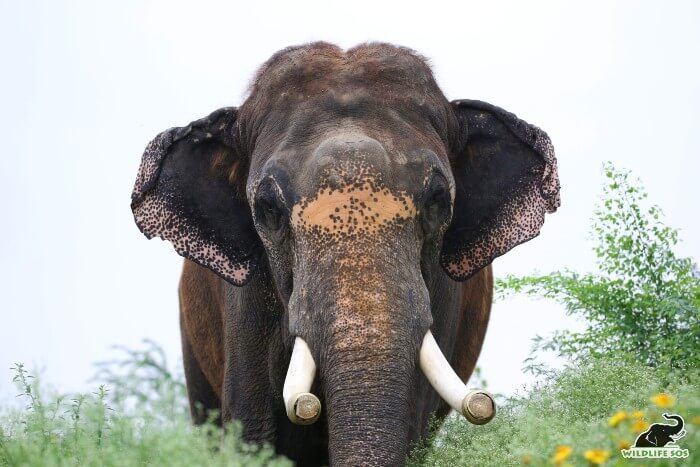
Some of the common differences between the two species are enlisted below:
- Asian elephants are smaller in size and build as compared to African elephants;
- All African elephants have tusks, while most male or female Asian elephants may not always have tusks;
- African elephants have larger ears, believed to be shaped like the continent of Africa;
- Many Asian male elephants do not have tusks and are called makhnas;
- Many female Asian elephants have small tusks which are called tushes
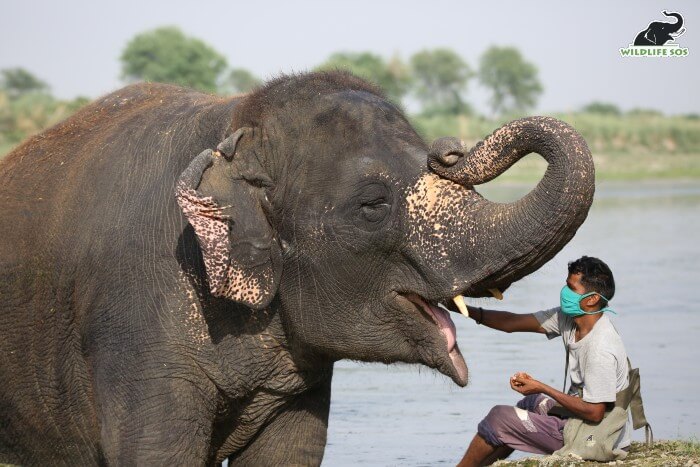
While we are aware of the multi-faceted use of tusks in a male elephant, it is pertinent to point out that the tusks of an elephant belong only to the elephant. There are strict national and international regulations, conventions and laws which prohibit the trade in ivory tusks and strictly punish the offenders.
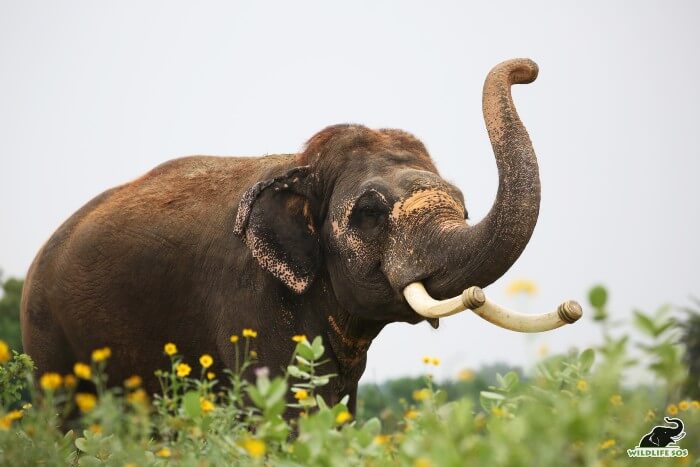
What are tusks?
Tusks can ideally be considered continuously growing teeth that protrude and extend beyond the mouth of an elephant, among other species.
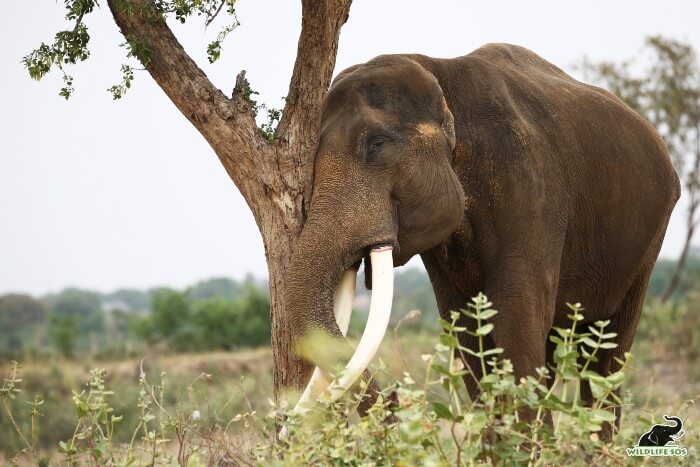
Purpose of tusks:
The tusks of an elephant serve a variety of purposes as they soundlessly make their way through the forest. Elephants use their tusks for digging, foraging, lifting heavy barks of trees and even stripping barks from trees. They are also formidable weapons, and can easily intimidate and gravely injure a tiger or other elephants in a territorial fight.
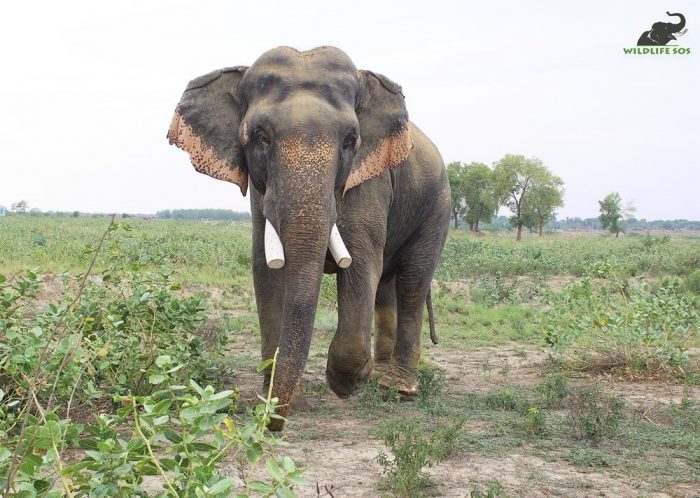
Research reveals that elephants normally prefer the use of one tusk over another, much like the human’s concept of dexterity, and the more used tusk is called the master tusk. This tusk also experiences more wear-and-tear as compared to the other tusk.
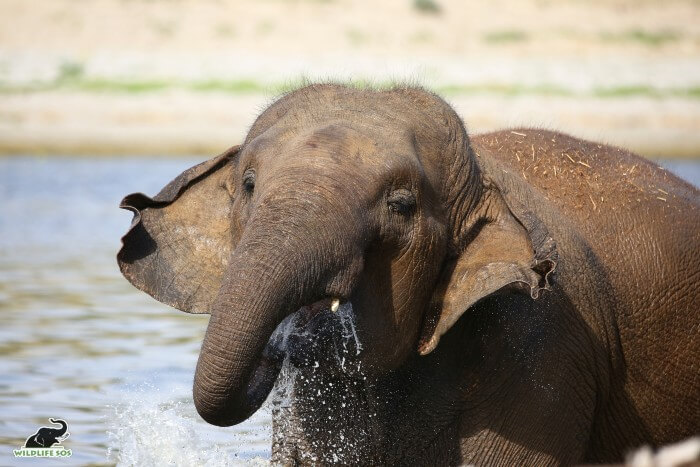
What are tushes?
Unlike tusks in male elephants, female Asian elephants have short tusks which are known as tushes. Nearly 50% of female Asian elephants have tushes. Tushes are comparatively brittle and have a different composition, as compared to tusks.
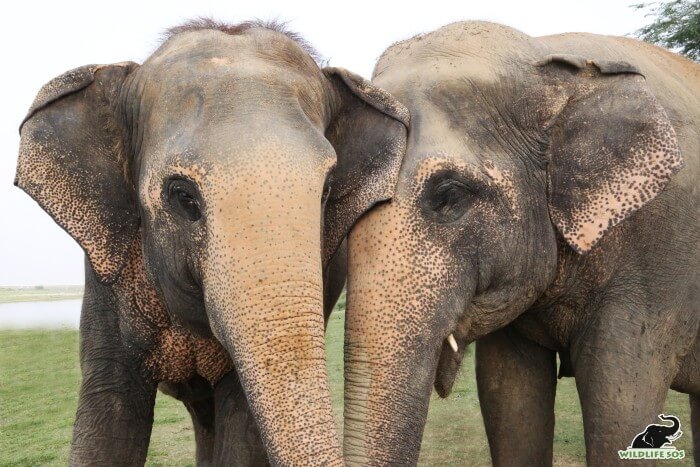
The difference:
- Unlike tusks, tushes do not have pulp inside them in the dentine cavity;
- They are barely an inch or two in length while tusks can extend to as long as 2 to 3 metres!
- The purpose of tushes in a female elephant is essentially rudimentary as they are not long enough to uproot trees or shave barks off;
- Once broken, tushes can grow back if the root of the same remains intact, the growth is, however, slow and insignificant;
- The tusks of an elephant continue to grow throughout the span of their lives.

